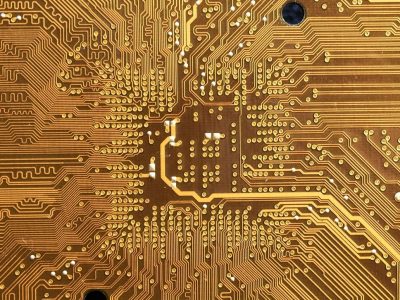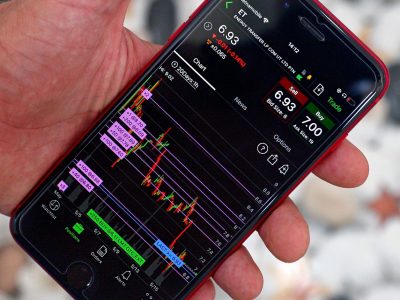
Tether has strengthened its position in the artificial intelligence sector with the launch of two software development kits, enabling the development of AI-integrated blockchain applications.
Non-custodial wallets for AI agents
Tether recently launched an open-source Wallet Development Kit (WDK), designed to enable AI agents and developers to incorporate non-custodial wallet functions into apps, websites, and devices.
According to a Nov. 11 announcement, WDK provides a modular tool for developers to integrate digital wallets into any app, website, and device, allowing users and AI agents to hold assets like Bitcoin and USDT.
Tether describes the kit as adaptable for various applications, supporting AI-powered agents, robots, and human users alike.
WDK is structured as a self-custodial toolkit, offering users complete control over their digital assets while eliminating the need for third-party custody solutions.
Built to be “open-source, super-modular, and highly scalable,” Tether’s CEO Paolo Ardoino said that the kit is compatible with “embedded devices, mobile applications, and robotic platforms,” making it accessible across diverse systems.
Local AI software development kit
Last month, Tether introduced its “Local AI” software development kit at the Lugano Plan ₿ conference, which aims to integrate AI and blockchain, with a focus on user privacy and broad accessibility.
Unlike the WDK, which focuses on wallet integration, the Local AI SDK enables developers to create AI applications that run directly on users’ devices.
Built on Bare, an open-source JavaScript runtime, it facilitates the creation of peer-to-peer AI applications, allowing sensitive data to remain on local devices rather than being sent to centralised servers.
This approach prioritises user privacy, particularly relevant in the context of recent discussions around data security.
Ardoino has been a vocal advocate for locally-executable AI models, stating that local AI processing is essential for data protection.
Following a security incident involving ChatGPT developer OpenAI in June, he suggested that localised AI models are key to ensuring privacy and avoiding risks associated with centralised data handling.
Tether’s entry into AI
Tether’s foray into the AI sector began in late September with its investment in Northern Data Group, a German crypto mining company focusing on AI development.
Shortly after, Tether announced the creation of a dedicated AI division called Tether Data to support open-source AI model development and establish partnerships aimed at integrating AI solutions into blockchain applications.
To bolster this new division, Tether initiated a global recruitment drive to attract “top-tier” talent, seeking positions like AI research and development head and AI engineer
Tether remains the largest stablecoin provider in the crypto market, with over $124 billion USDT currently in circulation.
USDT commands over 68% of the stablecoin market, according to data from CoinGecko.
The post Tether’s AI ambitions take shape with two new development kits appeared first on Invezz









